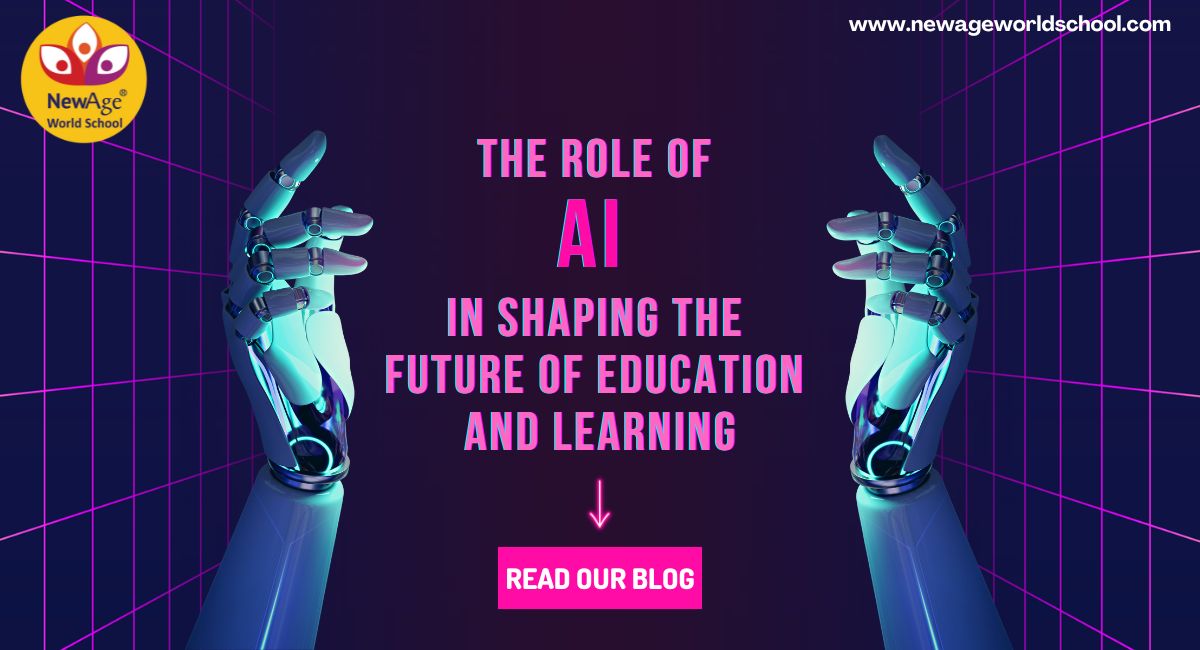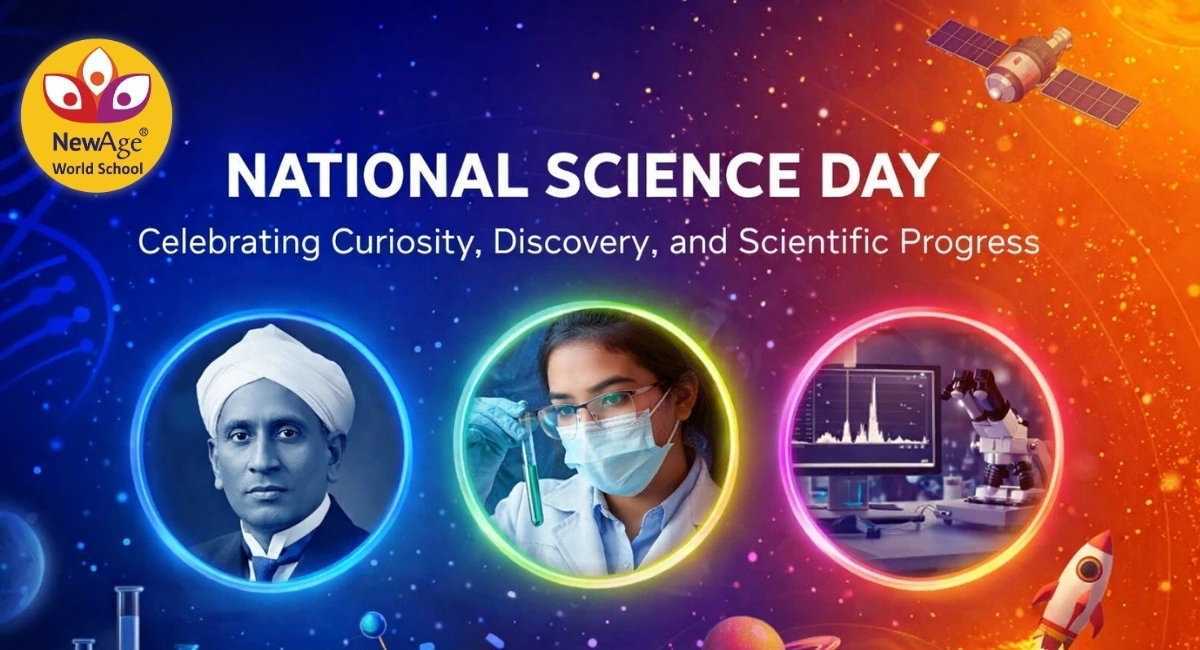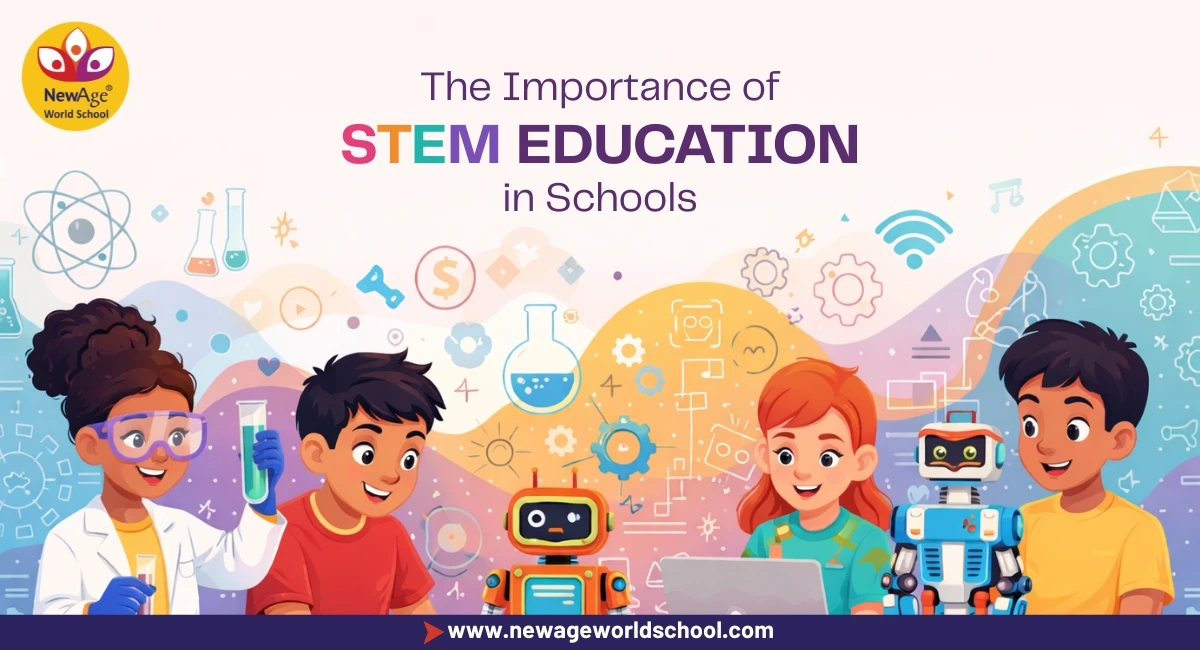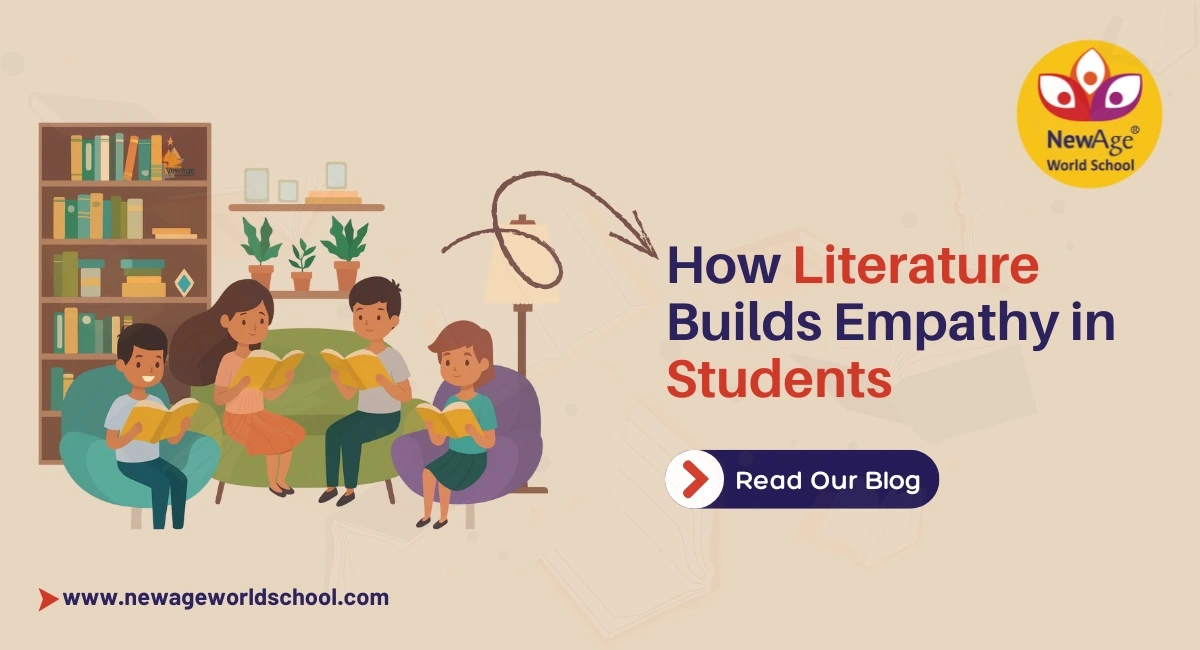The Role of AI in Shaping the Future of Education and Learning

Table of content
Introduction
Personalised Learning Through AI
Enhancing Teacher Efficiency with AI
AI in Lifelong Learning
AI-Powered Tools for Teachers and Students
Bridging the Educational Gap with AI
Impact of AI in Classrooms
AI and the Future of Education
Conclusion
Introduction
In today’s rapidly changing world, technology is transforming how we live, work, and learn. One of the most significant innovations is artificial intelligence in education. With its increasing presence in schools, AI is redefining how students learn and how teachers teach. From streamlining administrative tasks to creating personalised learning through AI, this technology is setting the stage for a future where education becomes more dynamic, efficient, and accessible.
Let’s explore how AI is revolutionising education and skills development, making learning more engaging and effective for both students and teachers.
Personalised Learning Through AI
One of the most exciting developments in education is the rise of AI-powered tools for learning. Traditionally, education has often followed a one-size-fits-all approach. But we know that students have different learning styles, paces, and preferences. AI in learning changes this by allowing schools to offer personalised experiences for each student.
AI systems can monitor how a student learns, identify their strengths and weaknesses, and adjust content accordingly. For example, if a student struggles with math but excels in reading, the system will offer additional exercises and resources tailored to improve their math skills, while providing more advanced reading materials to keep them engaged. AI is a highly evolved educational technology that makes learning more adaptive, ensuring that no student is left behind.
The beauty of this system is that it allows students to learn at their own pace, offering support where needed and challenging them when they’re ready. This future of education with AI can create more confident learners and reduce the stress students often feel in a traditional classroom setting.
Enhancing Teacher Efficiency with AI
While AI is playing a transformative role in the classroom, it is important to note that it is not replacing teachers. Instead, AI in schools is making teachers more efficient by automating administrative tasks like grading, tracking attendance, and organising lesson plans. By taking care of these time-consuming responsibilities, AI frees up teachers to focus on what truly matters—engaging with their students.
With teacher efficiency with AI, educators can devote more time to interactive teaching, mentoring, and helping students on a personal level. Teachers can use the data generated by AI systems to understand their students better, identifying those who need extra help or those who are ready to move on to more challenging material.
AI also plays a significant role in AI in curriculum design, as it helps teachers develop better teaching strategies based on real-time data. By analysing student performance and learning patterns, AI systems can provide insights into which parts of the curriculum are working well and which need improvement. This data-driven approach allows for a more dynamic, responsive, and efficient learning environment.
AI in Lifelong Learning
Learning doesn’t stop when a student leaves the classroom. In a world where skills are constantly evolving, AI for lifelong learning is becoming essential. Many industries now use AI to offer personalised learning paths for employees, allowing them to continue developing new skills throughout their careers.
For students, this means that learning no longer ends when they graduate. AI-driven education platforms provide opportunities for continuous education by offering online courses, skill assessments, and personalised learning materials that adapt over time. These platforms ensure that learners stay up to date with the latest trends and technologies, keeping their skills relevant in an ever-changing job market.
For instance, AI can analyse job market trends and recommend courses based on the skills that will be in demand in the future. By doing so, it ensures that students are prepared for the jobs of tomorrow, highlighting the role of AI in education technology.
AI-Powered Tools for Teachers and Students
One of the most visible impacts of AI in the classroom is the development of AI-powered tools for learning. From intelligent tutoring systems to AI-driven platforms that help with assignments, these tools are designed to assist both teachers and students in achieving their goals more effectively.
For example, AI tools can evaluate a student's writing and provide instant feedback on grammar, style, and structure. This allows students to improve their writing skills without waiting for a teacher's response. Similarly, AI can help teachers by suggesting ways to improve lesson plans or by providing alternative teaching materials.
These AI tools for teachers also allow for better student engagement. With tools like virtual tutors or interactive learning apps, students can receive personalised help outside of regular class hours, creating a more flexible and supportive learning environment.
Bridging the Educational Gap with AI
One of the most significant contributions of artificial intelligence in education is its ability to bridge the gap between students in different parts of the world. AI-driven education platforms and virtual classrooms make high-quality education accessible to students in remote or underserved areas. This democratisation of learning ensures that all students, regardless of their geographical location, have access to the same resources and opportunities.
In addition to helping students in remote areas, AI is also incredibly valuable for students with disabilities. AI-driven systems can offer personalised learning through AI by adapting the content to meet the unique needs of each student. Whether it’s a visually impaired student using voice-activated learning tools or a student with dyslexia receiving tailored reading exercises, AI in schools ensures that no student is left behind.
Impact of AI in Classrooms
The impact of AI in classrooms is already profound. It’s making education more accessible, personalised, and efficient. In the near future, we can expect even more exciting developments, from AI tutors that provide 24/7 support to AI systems that predict learning challenges before they arise.
By leveraging AI in education technology, schools can reduce dropout rates, improve student satisfaction, and foster a culture of continuous learning. AI is not only changing how students learn, but it’s also transforming how education systems function, ensuring that the needs of both students and teachers are met more effectively.
AI and the Future of Education
Looking ahead, the future of education with AI holds endless possibilities. We’re already seeing the emergence of virtual classrooms, AI-driven tutors, and smart content delivery systems. These technologies are set to redefine education, making it more adaptable, interactive, and inclusive.
As schools continue to integrate AI into their daily operations, the challenge will be to ensure that this technology complements rather than replaces human intelligence. While AI can handle data and automate routine tasks, the human touch—creativity, empathy, and personal guidance—will always remain at the core of effective education.
Conclusion
AI is revolutionising education and skills development in ways we never thought possible. From creating personalised learning through AI to improving teacher efficiency with AI, the impact of this technology is undeniable. As we move forward, the role of AI in education will only continue to grow, offering new ways to learn, teach, and interact.
At its core, AI is a highly evolved educational technology that’s designed to enhance—not replace—the human elements of education. By working alongside teachers and students, AI is paving the way for a future where learning is more accessible, personalised, and efficient for everyone.

















Leave a Reply
Your email address will not be published. Required fields are marked *
Comments
No comments available